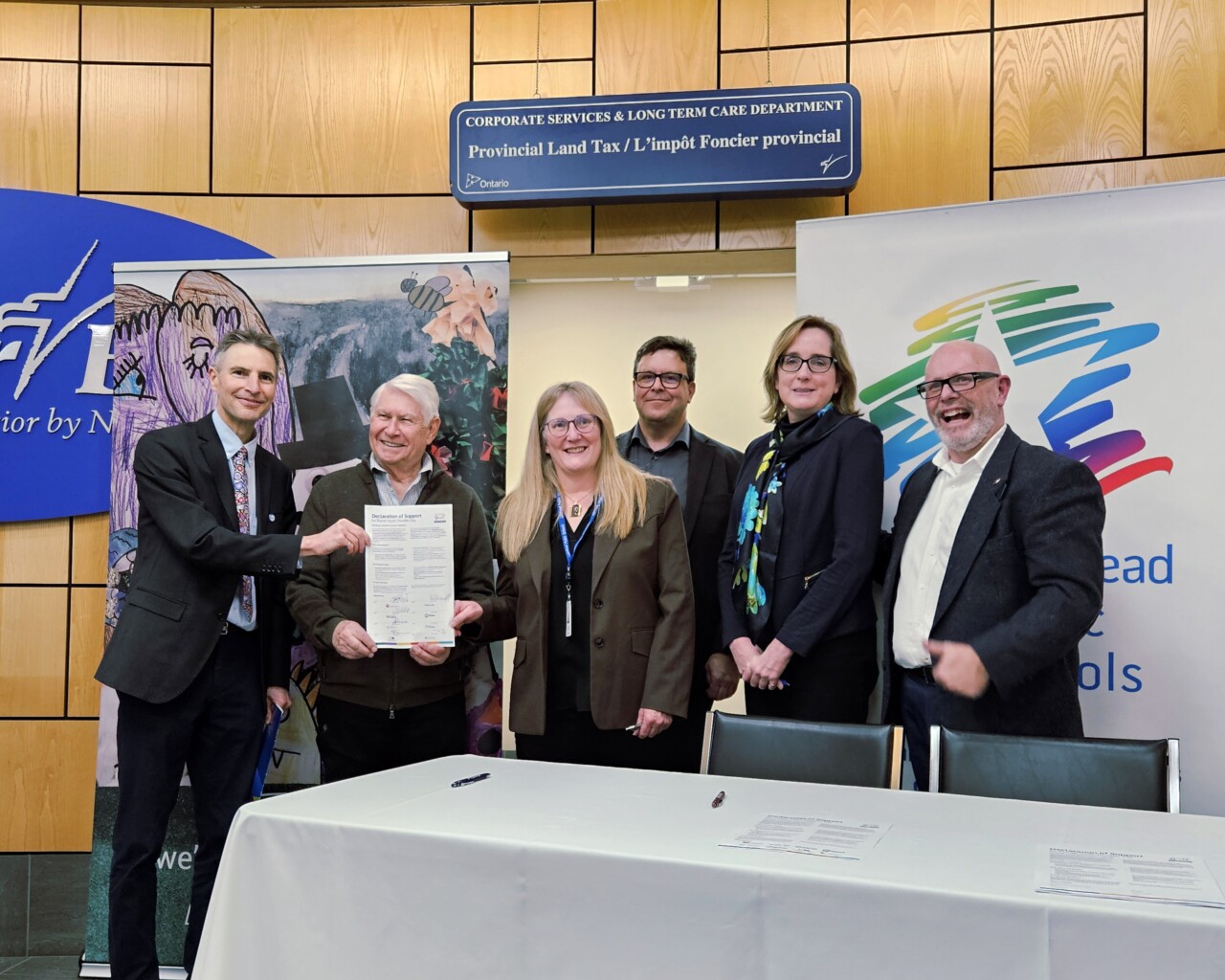Board Approves Budget
At this evening’s Regular Board Meeting, the 2017-2018 Lakehead Public Schools Budget was approved by the Lakehead District School Board. The Operating and Capital Budget of $139,989,895 supports the Lakehead Public Schools commitment to the success of all students.
“I am extremely proud of the efforts of Lakehead Public Schools Administration and the Budget Committee,” says Deborah Massaro, Chair of the Lakehead District School Board. “They worked through a very complex and difficult budget process to develop a budget that reflects the current financial realities of our province and strongly supports student achievement and well-being.”
The 2017-2018 Operating and Capital Budget was developed in an inclusive manner with stakeholder input. Input was received from a number of stakeholders in the form of presentations and written submissions. On April 10, eight community stakeholder groups provided presentations to the Budget Committee.
“The foundation of the Operating and Capital Budget truly is the inclusive and transparent process that the budget is solidly built upon,” says Karen Wilson, Chair of the Budget Committee. “I would like to thank our stakeholders for their interest and support throughout the entire budget process.”
Stakeholder Groups participating in the budget consultations included:
- Special Education Advisory Committee;
- Parent Involvement Committee;
- Aboriginal Education Advisory Committee;
- Ontario Secondary School Teachers’ Federation – Student Support Professionals’ (OSSTF-SSPs);
- Ontario Secondary School Teachers’ Federation – Early Childhood Educators (OSSTF-ECEs);
- Lakehead Ontario Principals’ Council;
- Lakehead Elementary Teachers’ of Ontario; and
- Ontario Secondary School Teachers’ Federation District 6A Teachers’ Bargaining Unit (OSSTF)
In addition to the presentations provided, the Budget Committee also received written submissions from a number of School Councils.
Highlights of the 2017-2018 budget include:
- Increased English as a second language supports for new-comer students to Canada.
- Support for students with special needs; adding student support professionals.
- Support for young learners; reducing the size of kindergarten classrooms and increasing the number of early childhood educators.
- Support for First Nation, Metis and Inuit students; tutors in a cultural environment, graduation coaches, Aboriginal community liaison and partnership officer and Aboriginal resource teacher.
- Support for healthy eating in secondary schools; adding staff support in cafeterias to ensure access to fresh, made from scratch local foods.
- Continued support for core French in all secondary schools.
- Continued support and resources to help further communication and engagement between schools and parents/guardians.
- Continued support for student and staff well-being through the allocation of Social Workers, Child/Youth Workers, training and resources.
- Support for continued e-Learning opportunities for secondary students. Support for continued e-Learning opportunities for secondary students.
The next step in the budget process is the formal submission to the government. The budget must be submitted to the Ministry of Education by June 30, 2017.


